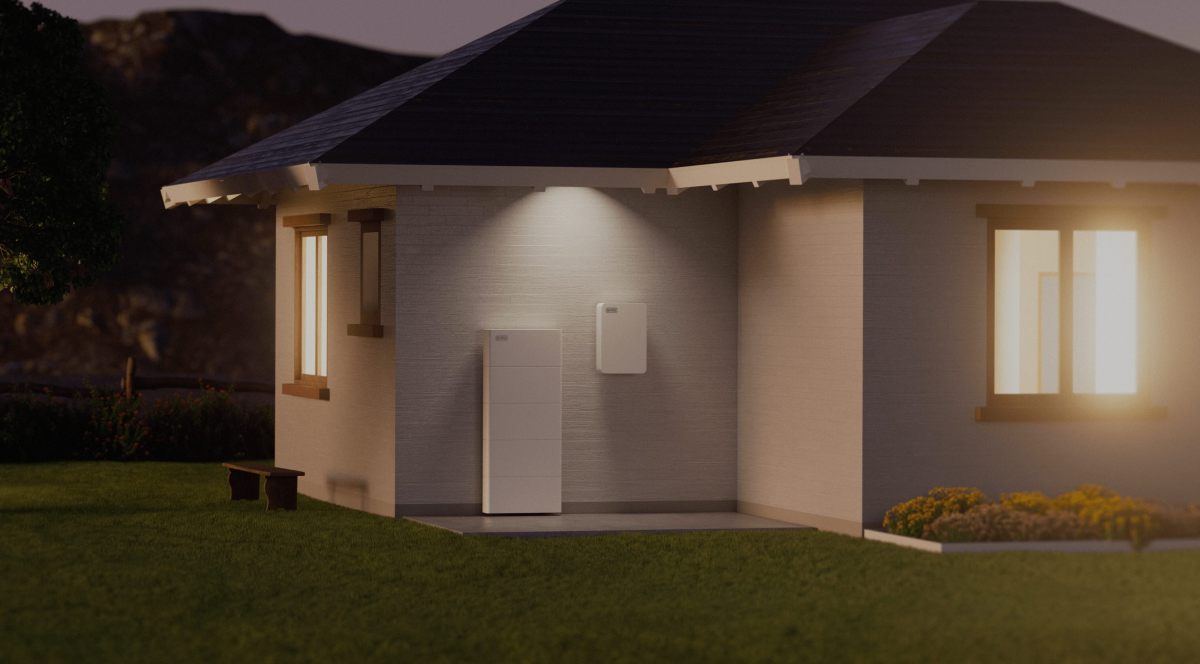In under a year, Base Power has experienced remarkable growth, transforming from a stealthy startup to one of the largest battery fleets in Texas.
The company has now secured $200 million in funding to drive rapid expansion, including the addition of dozens of megawatt-hours of battery storage and plans to establish a domestic battery factory.
The Series B funding round was spearheaded by prominent investors, including Addition, Andreessen Horowitz, Lightspeed Venture Partners, and Valor Equity Partners, with participation from Altimeter, Terrain, Thrive Ventures, and Trust Ventures.
While backup batteries are not a new concept – Tesla has been offering its Powerwall for nearly a decade – Base Power is taking this model in a new direction. Notably, its batteries are significantly larger, with capacities of 25 or 50 kilowatt-hours, which is nearly double or quadruple the capacity of a single Powerwall. Furthermore, Base Power’s pricing is more competitive, with upfront costs of $595 or $995 depending on the capacity, compared to the $15,000 or more that a single Powerwall costs before incentives.
However, there are conditions to this offer: customers must commit to purchasing electricity from the company for a period of three years at a rate of 9 cents per kilowatt-hour, plus any additional delivery fees charged by the local utility. Additionally, customers are required to pay an annual fee ranging from $225 to $345. For the average household in Texas, this annual fee translates to an additional 2 cents per kilowatt-hour.
The real profit potential for Base Power lies in its grid-balancing operations. Due to the unique structure of Texas’ power market, the company can receive substantial payments for utilizing its installed batteries to supply electricity back to the grid.
By focusing on residential batteries, Base Power has discovered a rapid method for building a megawatt-class fleet of batteries, often referred to as a “virtual power plant.” Although Texas is home to a growing number of large-scale grid battery facilities, these projects can take years to plan, permit, and construct.
In contrast, residential batteries can be permitted and installed within a matter of weeks. Base Power’s co-founder and CEO, Zach Dell, reported that the company installed 10 megawatt-hours in March, and plans to reach the 100 megawatt-hour milestone by this summer.
The newly acquired funding will be utilized to accelerate installations and expand operations into new states. Additionally, it will be invested in the construction of a battery factory in the United States, which could provide some protection against tariff risks but also introduces new challenges. Establishing a battery factory can be a complex undertaking, and other companies have encountered difficulties in this pursuit.
Source Link





